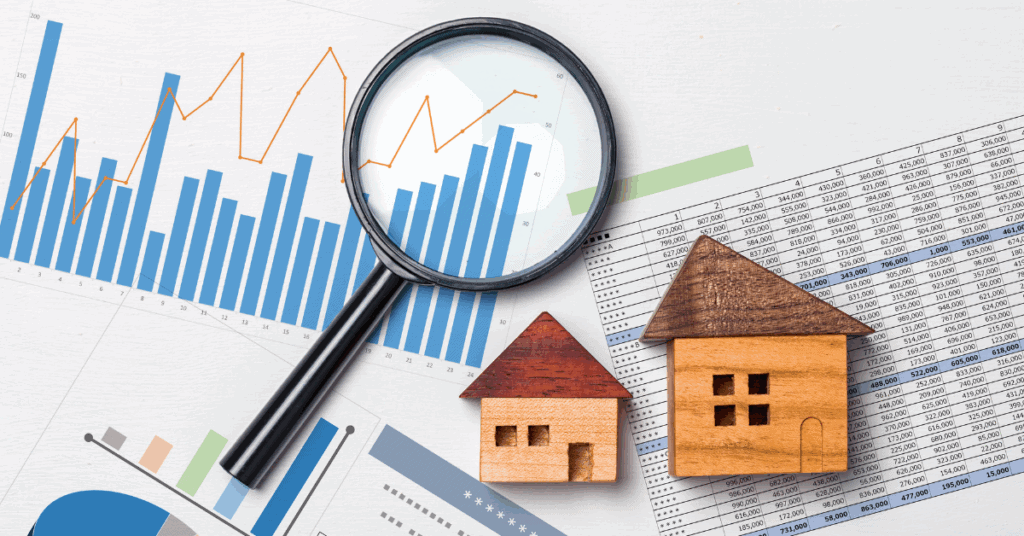Get Expert Financing
- Matched with investor-friendly lenders
- Fast pre-approvals-no W2s required
- Financing options fro rentals, BRRRR, STRs
- Scale your portfolio with confidence
Buying a home is a major milestone, and if you’re financing your purchase with a conventional loan, the appraisal process plays a critical role. Understanding how home appraisals work can help you navigate the loan process more confidently and avoid common pitfalls.
In this guide, we break down what a home appraisal is, how it affects your mortgage, the steps involved, and what to expect from start to finish.
A home appraisal is a professional, unbiased estimate of a property’s fair market value. It’s typically required by lenders to ensure the home’s value aligns with the loan amount being requested. This protects the lender from over-lending on a property that may not be worth the purchase price.
Conventional loans are not government-backed, so lenders are particularly cautious about the value of the collateral. The appraisal ensures the property is worth the investment and reduces risk for both the lender and borrower.
If the home appraises for less than the purchase price, it can affect your loan approval. You may need to:
Need help comparing different loan types? Read our guide to FHA vs. Conventional Loans
After your offer is accepted and you’ve started the loan process, the lender will order the appraisal through a third-party Appraisal Management Company (AMC).
The appraiser visits the property to evaluate its size, features, condition, and comparable homes in the area.
The appraiser submits a detailed report, usually within 7–10 business days, outlining the property’s estimated value and relevant comps (comparable sales).
Several factors can influence the final value:
Tip: Even minor repairs and a clean presentation can positively impact the appraiser’s impression.
If the appraisal comes in below the agreed purchase price, here’s what you can do:
Have appraisal questions? Contact our mortgage experts for a free consultation.
Typically, $300–$600 depending on property size and location. The buyer usually pays this fee.
Usually 7–10 business days from ordering to report delivery.
No. To maintain objectivity, appraisers are selected by the lender via an AMC.
No. An inspection checks for issues or repairs, while an appraisal determines market value.
Looking to expand your knowledge about mortgages and home buying? Check out these helpful articles:
Our advice is based on experience in the mortgage industry and we are dedicated to helping you achieve your goal of owning a home. We may receive compensation from partner banks when you view mortgage rates listed on our website.


